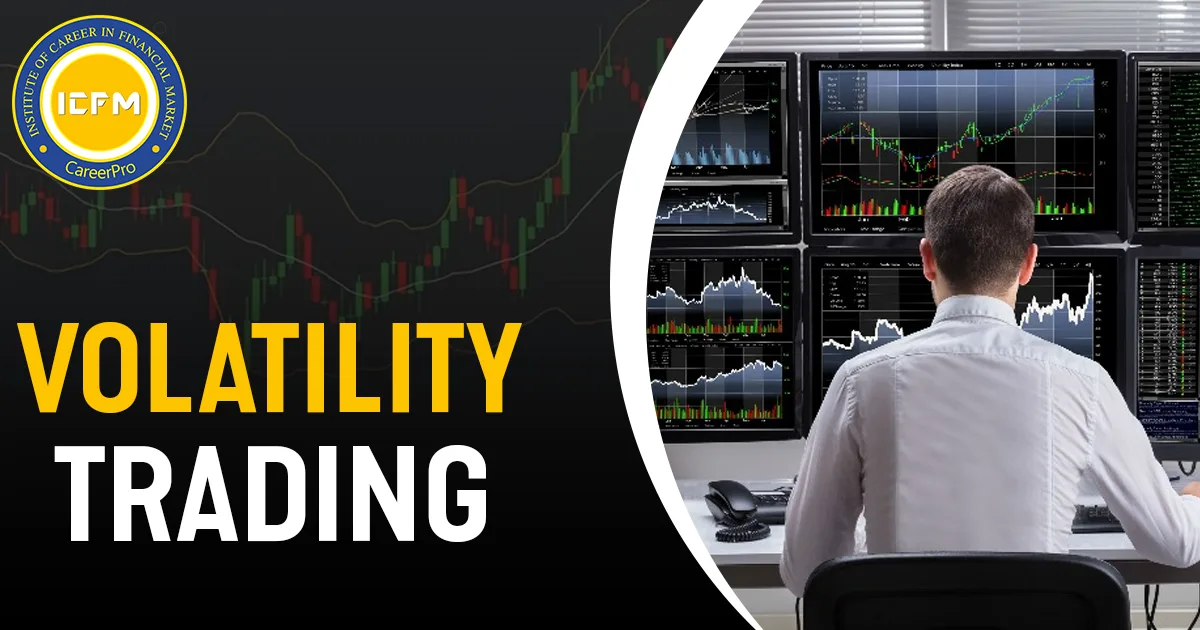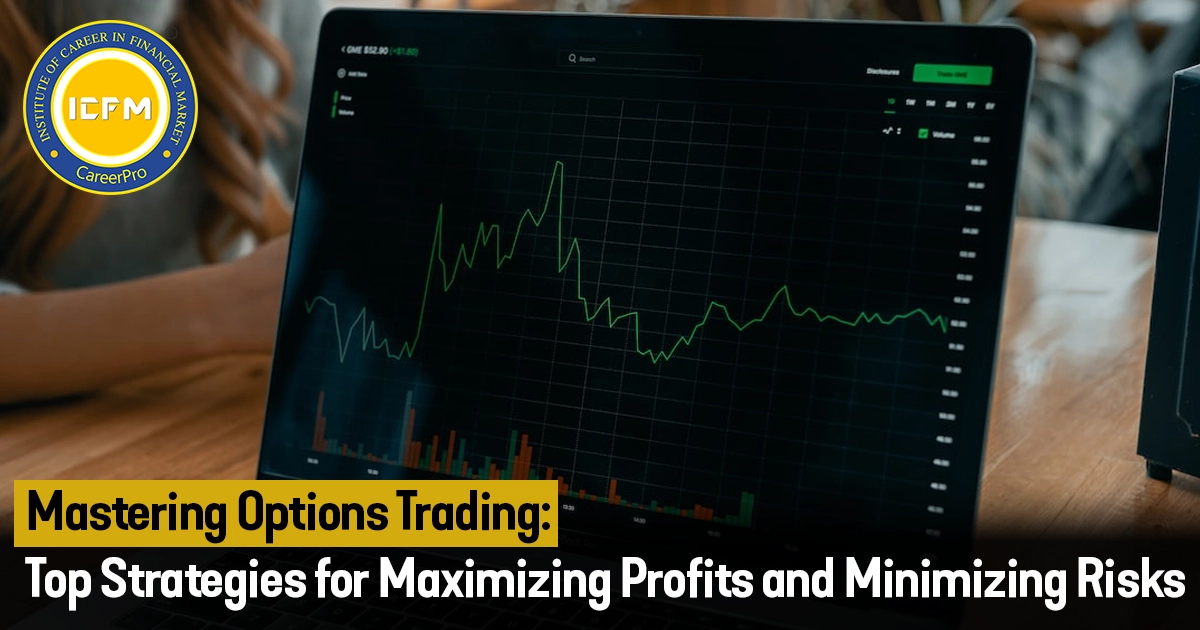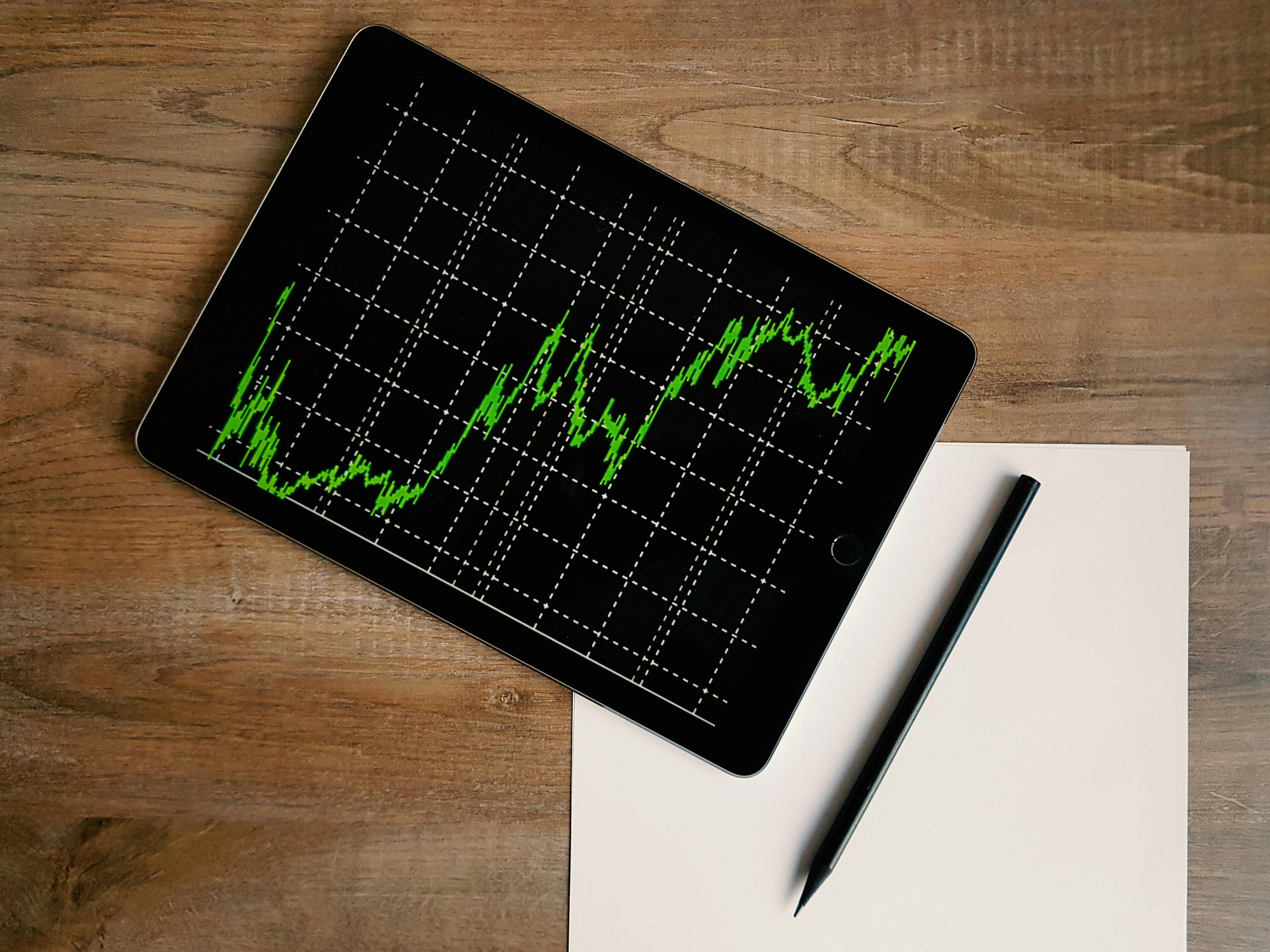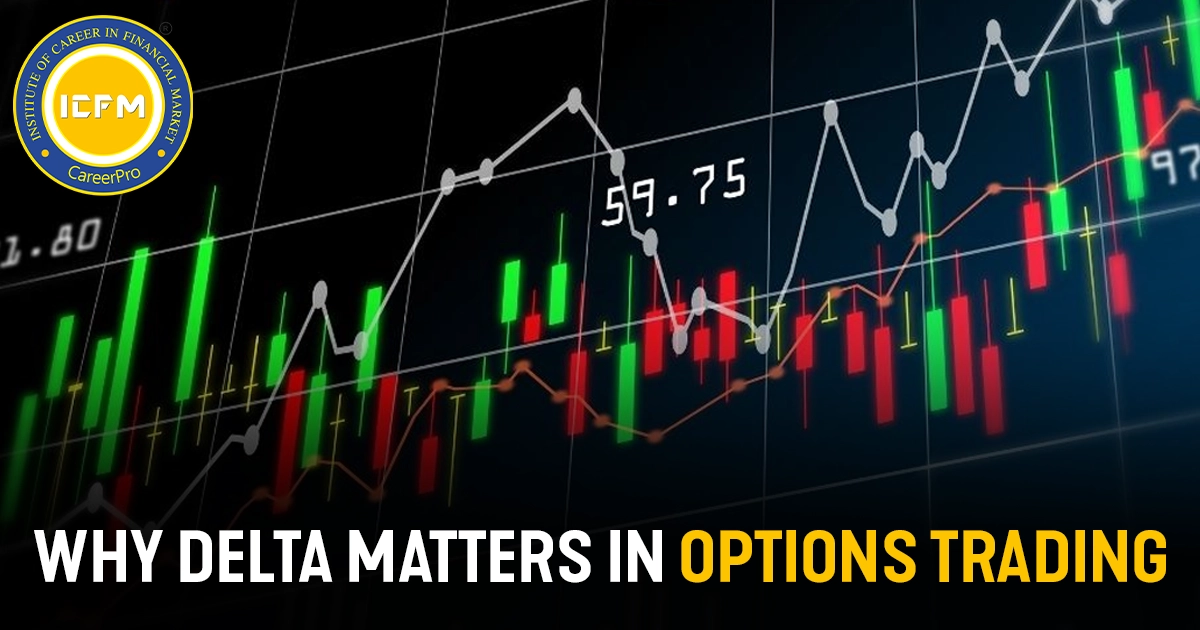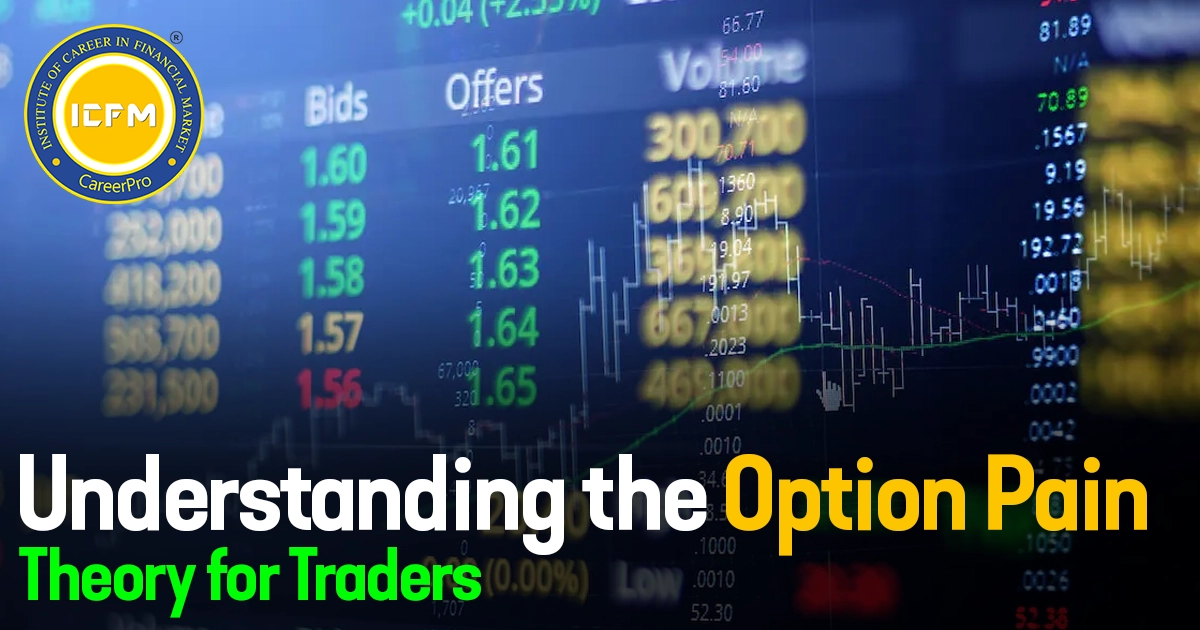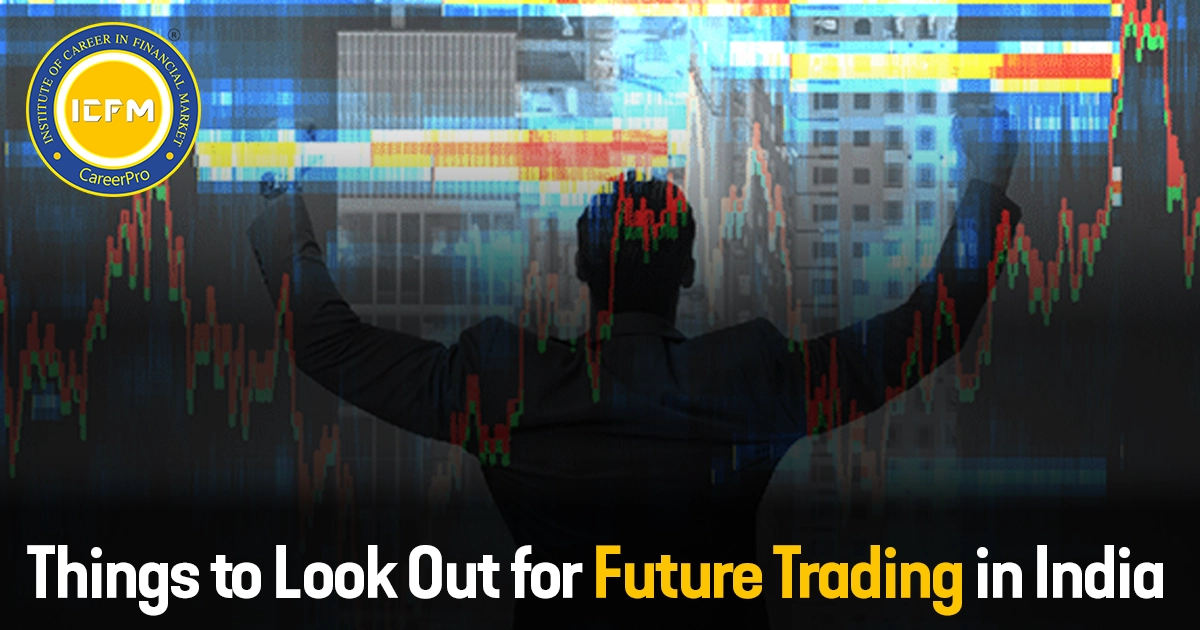Market Volatility as a Determinant of Derivatives Pricing
Introduction
Market volatility has emerged as one of the fundamental drivers in financial markets, and its influence is considerable on derivatives pricing. Whether it is a sharp market correction, economic uncertainty, or geopolitical events, volatility impacts the pricing of options, futures, and swaps significantly. Because understanding how volatility influences derivatives is very important to traders and investors alike, it can help in developing a suitable strategy for either risk management or profit generation.
We will discuss how volatility affects derivative pricing, the kinds of volatility traders monitor, and how market participants can exploit volatility to their own benefit in this blog.
What is Volatility in the Context of Derivatives?
Volatility essentially reflects the rate of change in the price of an asset or market. In the derivative market, it is highly relevant since it is directly related to the potential for loss or gain. The higher the volatility, the more likely the price movement will be significantly high, affecting derivatives and their pricing in the case of options and futures.
two basic types of volatilities affect derivative pricing:
The following are a few measures of volatility:
- Historical Volatility (HV): A measure of the degree to which the price of the asset has moved in the past, often calculated over an interval of time, e.g., 30 days, 90 days. HV describes how volatile the asset price has been and informs estimates of future price movement.
- Implied Volatility (IV): Implied volatility differs from historical volatility in the sense that it's forward-looking. It is the market's expectations of what volatility will be in the future, derived as implied by current options prices. Most often obtained through options prices, implied volatility determines a good part of options premiums. Higher implied volatility has higher options premiums, whereas lower implied volatility has cheaper premiums.
How Volatility Affects Derivatives Pricing
1. Impact on Options Pricing
Options pricing is very volatile. There are a lot of considerations, although volatility is one of the most essential factors while pricing an option, besides the underlying asset price, strike price, time to expiration, and interest rates, collectively known as the Greeks. The relation of volatility with the options price could be found in the Black-Scholes Model if it is a European option or in the Binomial Model if it is an American option.
- Higher Volatility and Option Prices: The greater the potential for larger movements in price, the greater will be the volatility. It makes options more valuable because now the probability that the underlying asset will reach the strike price is higher (be it a call or a put). Thus the premiums for calls and puts tend to increase with an increase in volatility.
- Lower Volatility and Option Prices: The possibility of a high movement in the underlying asset price decreases with reduced volatility. The implication is lower option price premiums since the chance of the option becoming in-the-money decreases. Lower IV tends to be recorded during stable periods when the movement of the market can be predicted by traders.
2. Effect on Futures and Forwards Pricing
While volatility more directly impinges upon the price of options, it indirectly impinges upon futures and forward markets as well, but in a more subtle manner.
- Volatility and Futures Prices: The foundation of futures contracts is the expectation of where that asset will be in the future. Volatility can affect the premium on a futures contract, particularly as expectations for great price movements are made. For instance, if a trader is expecting large volatility in the underlying asset (because of an earnings announcement or geopolitically driven event), he may alter the futures price regarding his perceived risk.
- Time to Maturity and Volatility: Time to expiration tends to accentuate the effect of volatility in futures markets. Futures prices become extremely volatile at the short end of the curve as they approach maturity. A volatile market may cause extreme price movements in futures contracts where the market is pricing uncertainty concerning future supply or demand.
3. Effect on Swaps and Other Derivatives
Volatility also has price effects in more complicated derivatives. For instance, the cost of swaps or credit default swaps (CDS) and interest rate swaps is influenced when volatility affects expected future cash flows and interest rates.
Swaps with interest rate volatility: Interest rate swaps, which include swaps from fixed to floating interest rates are very sensitive to changes in interest rate volatility. Therefore at times of high volatility, the floating rate swaps - that allow a fixed rate to convert to a floating one would be more attractively priced because of the greater unpredictability of the underlying rates.
- Credit Default Swaps (CDS): Credit default swaps, which is a form of hedging for debt default, are perceived to have increased premiums when the financial world becomes unstable since volatility heightens the uncertainty that debtors will default and this might inflate the price of buying protection using a CDS.
The Volatility Smile and Skew
Volatility is often not symmetrically behaved in options markets. Instead, a volatility smile or volatility skew is usually seen, which means that the implied volatility is higher for options that are far out-of-the-money or deep-in-the-money and lesser for at-the-money options.
- Volatility Smile: A U-shaped curve, commonly found in equity options markets, whereby the implied volatility is more for deep-in-the-money or deep-out-of-the-money options while being less for at-the-money options.
Volatility Skew: More susceptible to markets involving commodities or FX, where implied volatility increases for out-of-the-money puts compared to calls. This is more the case in markets with asymmetric risks, where it's more likely for the price to move downward, such as in oil.
Utilizing Volatility to Your Advantage in Derivatives Trading
Volatility can be used to your advantage as a trader in the following:
- Volatility Trading Strategies: Traders use strategies such as straddles, strangles, or calendar spreads that exploit a position in volatility. For example, a straddle buy both a call and a put option that have the same strike price and expiration, betting on significant price movement in either direction.
- Volatility Index (VIX): The VIX is also known as the "fear gauge," which measures the expectations of market volatility; it is usually used to predict market sentiment. The VIX is used by traders for hedging expected future volatility or for speculating on what might happen in the future market movement. A higher VIX will usually indicate increased market fear, which should be coupled with bigger price swings.
- Hedging with Derivatives: These options, for example, are used for hedging portfolios in volatile markets. For example, if volatility is expected to rise but not which way, then buying such options would protect against adverse price movements so that large moves either way can be enjoyed.
Conclusion
It is through market volatility that derivative prices are determined. From options to futures, each strategy alters how the underlying risk and rewards are perceived by traders and investors. Implied volatility directly impacts the price of option premiums, while historical volatility can be a predictor of more future transactions in the market. Any player in the derivatives market needs to understand these concepts because it empower informed decisions as well as enhanced knowledge of risk management strategies. The recognition of dynamics between volatility and derivative pricing will position the traders to either take advantage of market opportunities or prevent risks that they could not have foreseen.


